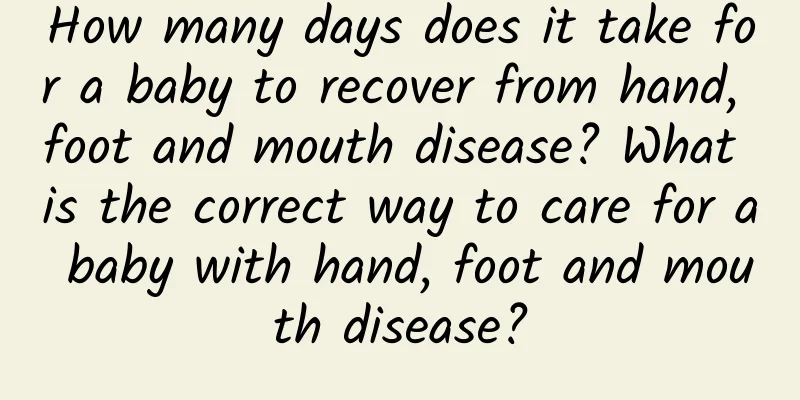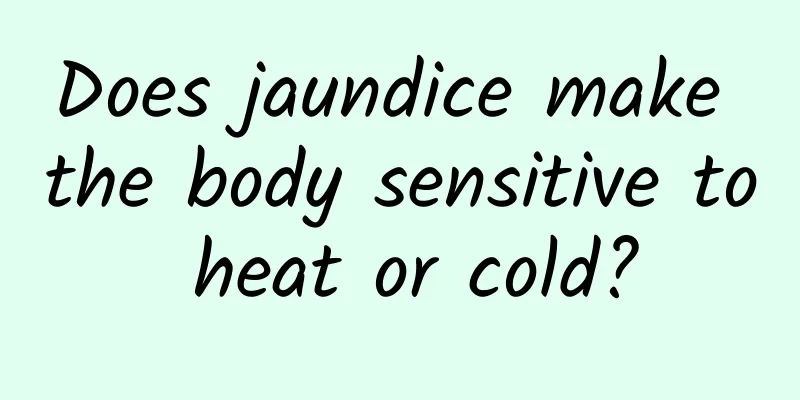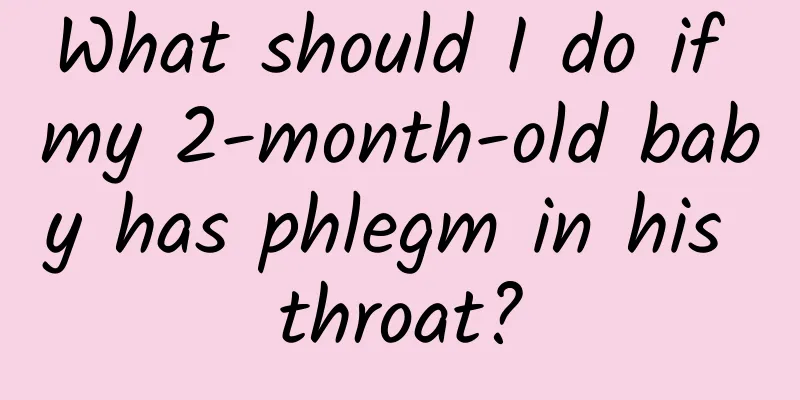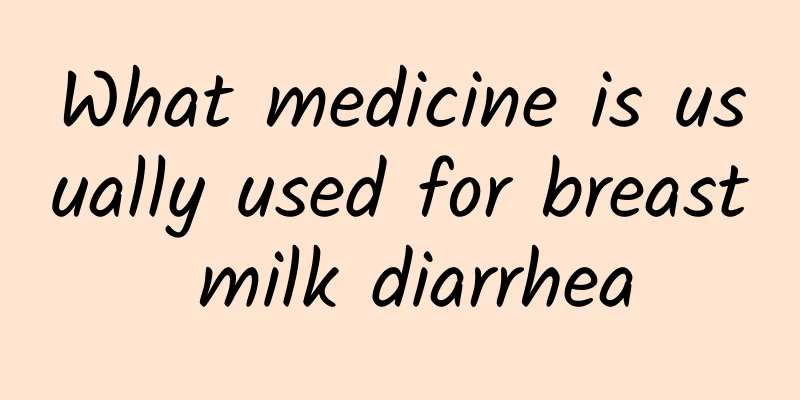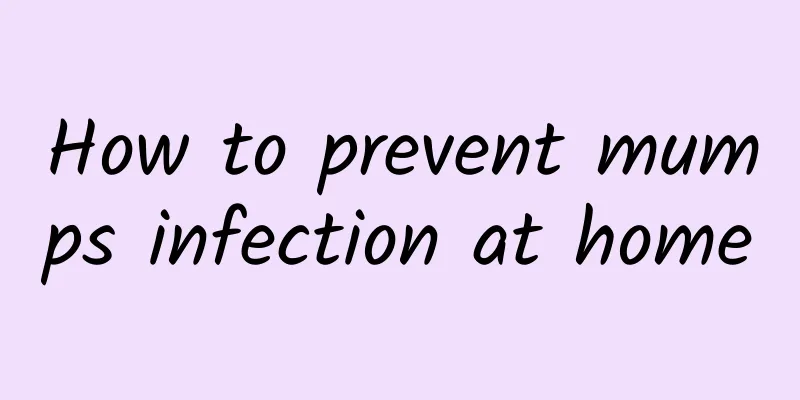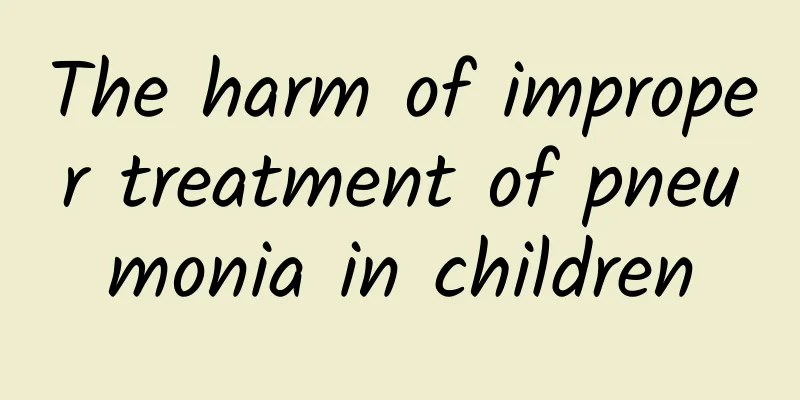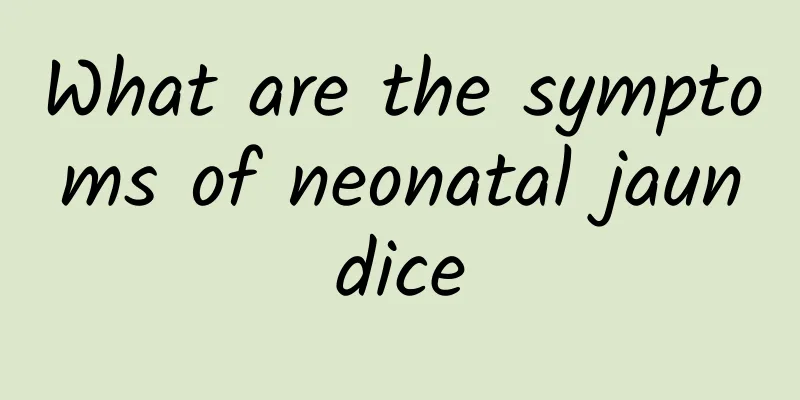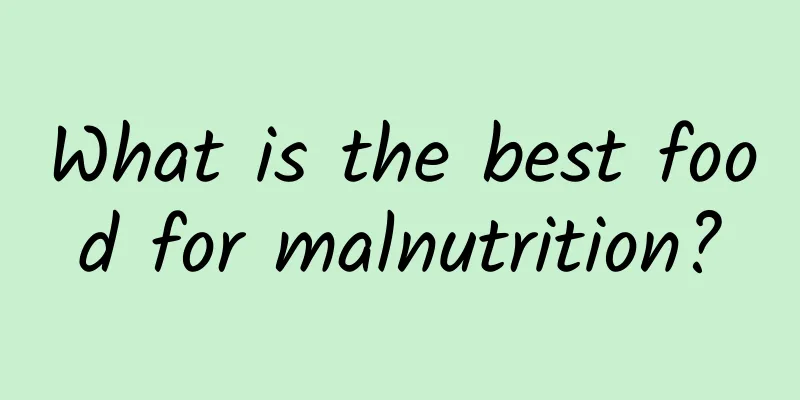What should parents do when their children have seizures?
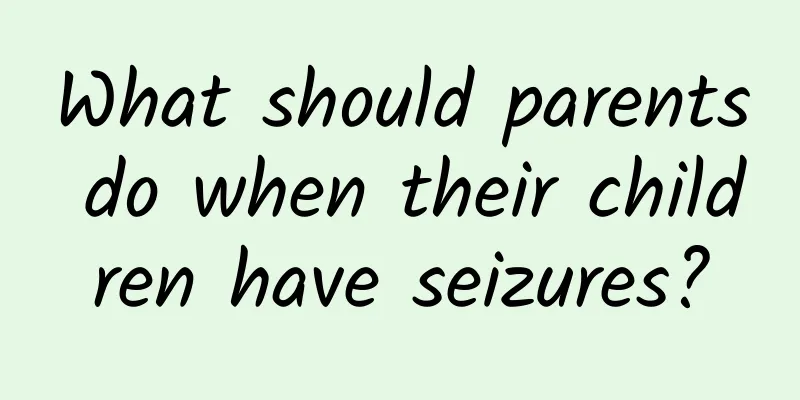
|
Children's convulsions are a common emergency in pediatrics, which is medically called "convulsions". There are many causes of convulsions, and common diseases include high fever convulsions, epilepsy, encephalitis, etc. If a child suddenly has a convulsion, what should parents do? The following takes the most common high fever convulsion as an example to tell parents some ways to deal with it. What is a convulsion? When the child has a seizure, he or she suddenly loses consciousness, his or her eyes roll up, stare or squint; the facial muscles or limb muscles become stiff, hard, spasmodic or twitching constantly, and a seizure can last from a few seconds to a few minutes. Some children foam at the mouth or have incontinence. After the seizure stops, most children (except those with severe encephalitis) will regain consciousness, but they will feel tired and weak. Many diseases can cause convulsions in children, but they can generally be divided into two categories: febrile convulsions and non-febrile convulsions. The most common febrile convulsion in pediatrics is febrile convulsion. When a child has a high fever (mostly above 39 degrees), he or she will have a sudden convulsion, which we call a febrile convulsion. It manifests as loss of consciousness, eyes rolling up, clenched teeth, and twitching limbs. It is usually more common in infants and young children aged 6 months to 5 years. Convulsions often occur during high fever and last for a relatively short time, about 2 to 3 minutes. After the convulsion stops, the child will also wake up. Generally, there is only one convulsion during the course of the illness. Among non-febrile convulsions, children with epilepsy are more common. The child may be well at ordinary times, have no history of convulsions, and have normal head CT scan. An electroencephalogram is needed to confirm the diagnosis. What should you do when your child has a seizure? 1. Do not pick up the child in a hurry. Instead, quickly place the child in a side-lying position. This can avoid the risk of suffocation when the child vomits. 2. If the child has a fever, you should quickly undress him/her to allow him/her to breathe freely and dissipate heat. 3. When the child is having a convulsion and is not conscious, do not give him/her antipyretics orally. Instead, insert a fever-reducing suppository into the child's anus and wipe the child's head, neck, and limbs (do not wipe the front and back) with a warm towel to help reduce the temperature. 4. When the child's convulsion stops, send the child to the hospital immediately. If the convulsion has not stopped for more than 5 minutes, do not wait, call 120 and escort the child to the nearest hospital. Wrong things parents do when their child is having a seizure When a child has a seizure, parents often panic and don't know what to do. Some parents pinch their children hard, but this is unreasonable because it often has no effect and can break the child's tender skin. After a seizure, you should be hospitalized for examination After a child has a seizure, especially if it is the first time, a detailed examination must be conducted, including head CT, EEG, blood routine, full biochemical test, etc. Do not feel sorry for the child and refuse the examination. Don't hide your family history Children who have convulsions, especially those with high fever convulsions, have a family history. That is to say, this disease is closely related to heredity. Many children's parents had a history of febrile convulsions when they were young. However, many people deny that they have this history. One reason is that they are cautious and deliberately conceal it; the other reason is that they really don't know because the children's parents concealed the condition of the previous generation. In fact, from a certain perspective, children with a family history of febrile convulsions are better than those without, because there is a genetic tendency, which makes it easier to diagnose. And those who do not have a genetic tendency and suddenly have convulsions may have other diseases such as encephalitis. Therefore, after a child has a febrile convulsion, the child's parents must go home and ask both parents whether they or other brothers and sisters have a history of febrile convulsions when they were young. Prevention of febrile convulsions is important Among children who have convulsions, the incidence of febrile convulsions is about 2% to 4%. Among children with febrile convulsions, 1/3 have a second convulsion, and 1/2 of them have a third convulsion. About 1/10 have 3 or more recurrences. Recurrence of febrile convulsions occurs within 3 years of the first attack. Although convulsions are different from epilepsy, most children have a good prognosis. However, each convulsion will more or less have a certain impact on the child's physical and mental health, and it is a great psychological pressure on the child's parents. How to prevent or reduce the recurrence of febrile convulsions is very critical. Febrile convulsions are almost always caused by a sudden onset of high fever after a child has a respiratory infection. Therefore, for such children, it is necessary to reduce colds as much as possible. Fewer colds will reduce the chance of convulsions, which is the key. In clinical practice, I have observed that many children with febrile convulsions also have allergic constitutions, and suffer from allergic rhinitis, urticaria and other diseases. Therefore, for such children, it is necessary to pay attention to the treatment of allergic diseases at the same time, rather than just anti-inflammatory treatment. Only when allergies are corrected can the child's "repeated colds" be reduced, and febrile convulsions will also be reduced. Therefore, in addition to seeing a neurologist, if a child with febrile convulsions has an allergic constitution, be sure to check the allergens and correct the allergic constitution with the assistance of a pediatrician. For other children who have seizures, regular treatment is the key. For children diagnosed with epilepsy, they need to choose appropriate anti-epileptic drugs according to the EEG type, take the medicine on time, and have regular checkups. If the child has encephalitis, he must be hospitalized for regular treatment. The following situations may not be heat shock If the following symptoms occur, you must be hospitalized for examination to rule out diseases such as encephalitis or epilepsy. 1. Convulsions occur even when the fever is not high (below 38°C). 2. The convulsion lasts for a long time, usually more than 5 minutes. 3. Convulsions are accompanied by vomiting. 4. After the convulsion stops, the consciousness is still not fully restored or the limbs are not moving normally, such as stiffness, trembling and paralysis of the limbs. 5. Seizures occur again within 24 hours, more than twice. 6. It is not the whole body that twitches, but a certain part of the body that twitches. 7. When infants under 6 months old and children over 6 years old have convulsions. Children with seizures should be given vaccines with caution For children with a history of seizures, most vaccinations need to be stopped for life or temporarily, because vaccinations can induce seizures. In clinical practice, we will indicate on the discharge instructions for children with a history of seizures: suspend vaccinations (except sugar pills and hepatitis B vaccines). When to get the vaccine depends on the dynamic monitoring of the child's condition and EEG, and the attending doctor will give advice. About prognosis Human life is very tenacious, and most seizures will not endanger children's lives (unless they are severe encephalitis). Most diseases that appear in the form of seizures can be well controlled and treated with regular treatment and regular follow-up. Fear is an illusion, only love exists When faced with a child's sudden illness, many parents will be "attacked" by a lot of negative energy. Worry, sadness, fear, anxiety, and irritability all surge into their hearts. Often, this negative energy will spread among family members and even between doctors and patients. Everyone hurts and blames each other, inadvertently multiplying the negative energy. Wise parents should learn more about body, mind and spirit, because we and our children are in tune with each other. When we are strong and our hearts are strong enough, we will be calm in the face of all problems, and we can cooperate with doctors to better support our children and help them recover soon. "Only love exists, fear is an illusion." One day, when you suddenly understand the meaning of this sentence, all problems will no longer exist... |
<<: What to do if the baby has poor resistance
>>: What to do if you are zinc deficient
Recommend
Methods to improve indigestion in children Pay attention to these 3 points when treating indigestion in children
Children's indigestion is closely related to ...
What is the cause of polio?
Polio is mainly caused by polio virus infection, ...
What disease causes children's cough? Children's cough is mostly caused by these 4 diseases
If a child has a cough, it is likely caused by an...
The most common treatments for mumps
We know that mumps is an infectious disease. Pati...
Baby cough allergic rhinitis to dust mites
The baby's cough is caused by allergy to dust...
Can adults have hand, foot and mouth disease? What are the symptoms?
Adults can indeed get hand, foot and mouth diseas...
Medication treatment for ADHD in children
Treatment for ADHD in children includes psychoedu...
What fruits should children eat for acute laryngitis
The child had acute laryngitis in children. After...
The best time to treat hernia in children
The best time to treat pediatric hernia is usuall...
What are the preventive measures for early stage kidney disease in children?
According to relevant statistics, many children s...
What should I do if my child has mumps? What are the treatments for mumps?
Mumps in children is a very harmful disease that ...
What causes sudden severe hair loss?
If you suddenly experience severe hair loss, you ...
Which hospital is better for treating acute laryngitis in children?
Experts say that children with acute laryngitis s...
What are the polio tests?
Polio is an infectious disease that seriously end...
How can we prevent baby from indigestion? What are some good ways to nourish the baby's stomach?
Because the gastrointestinal function of infants ...
